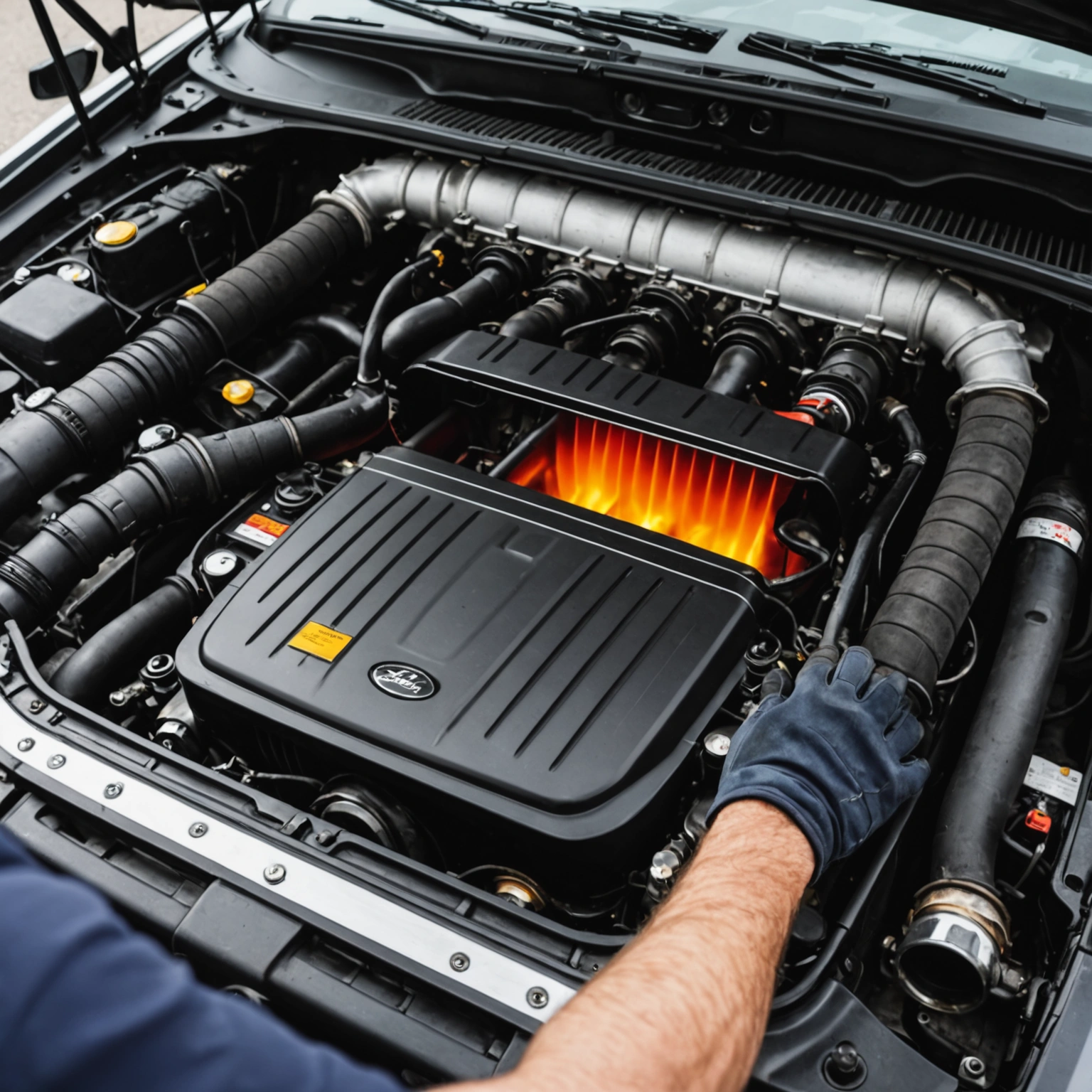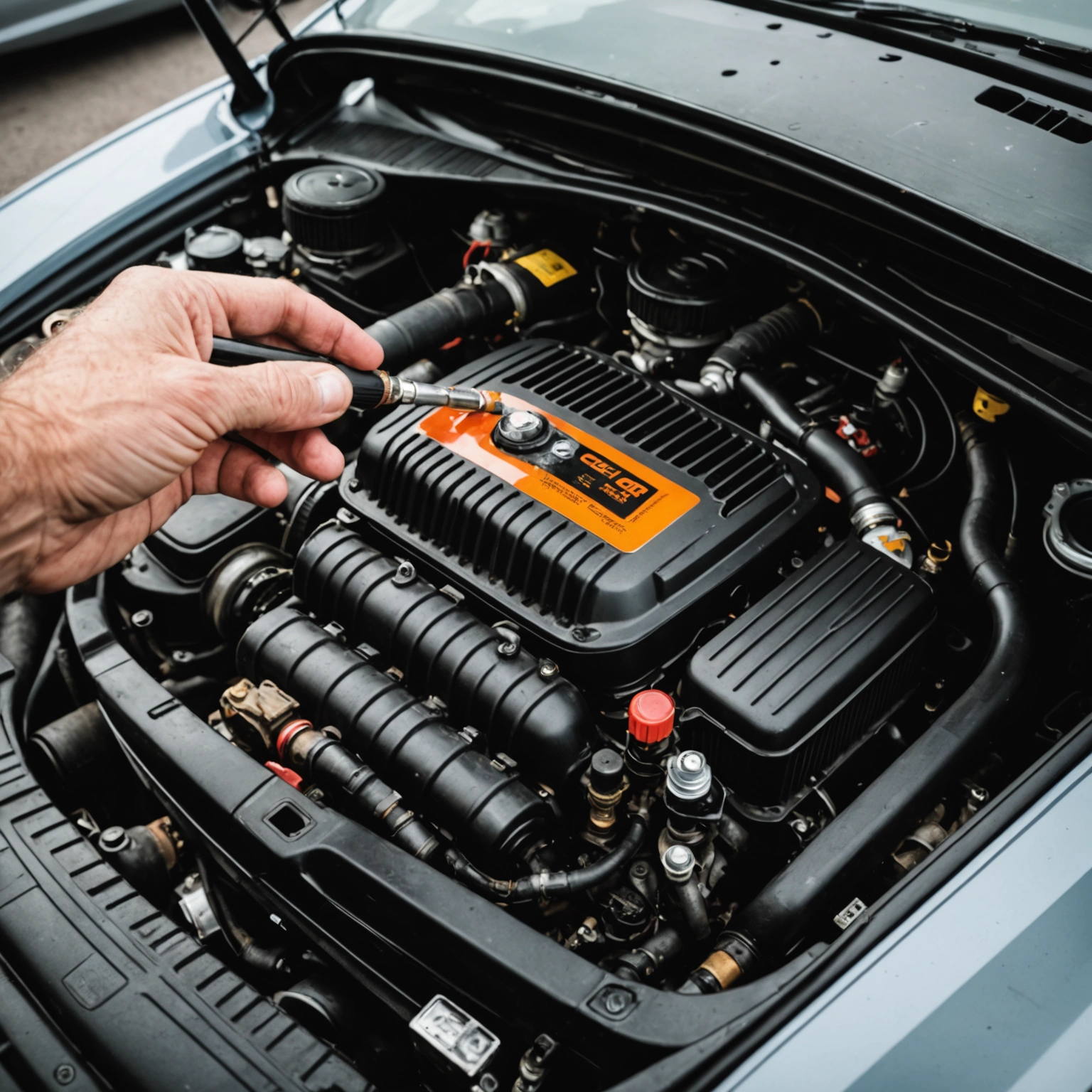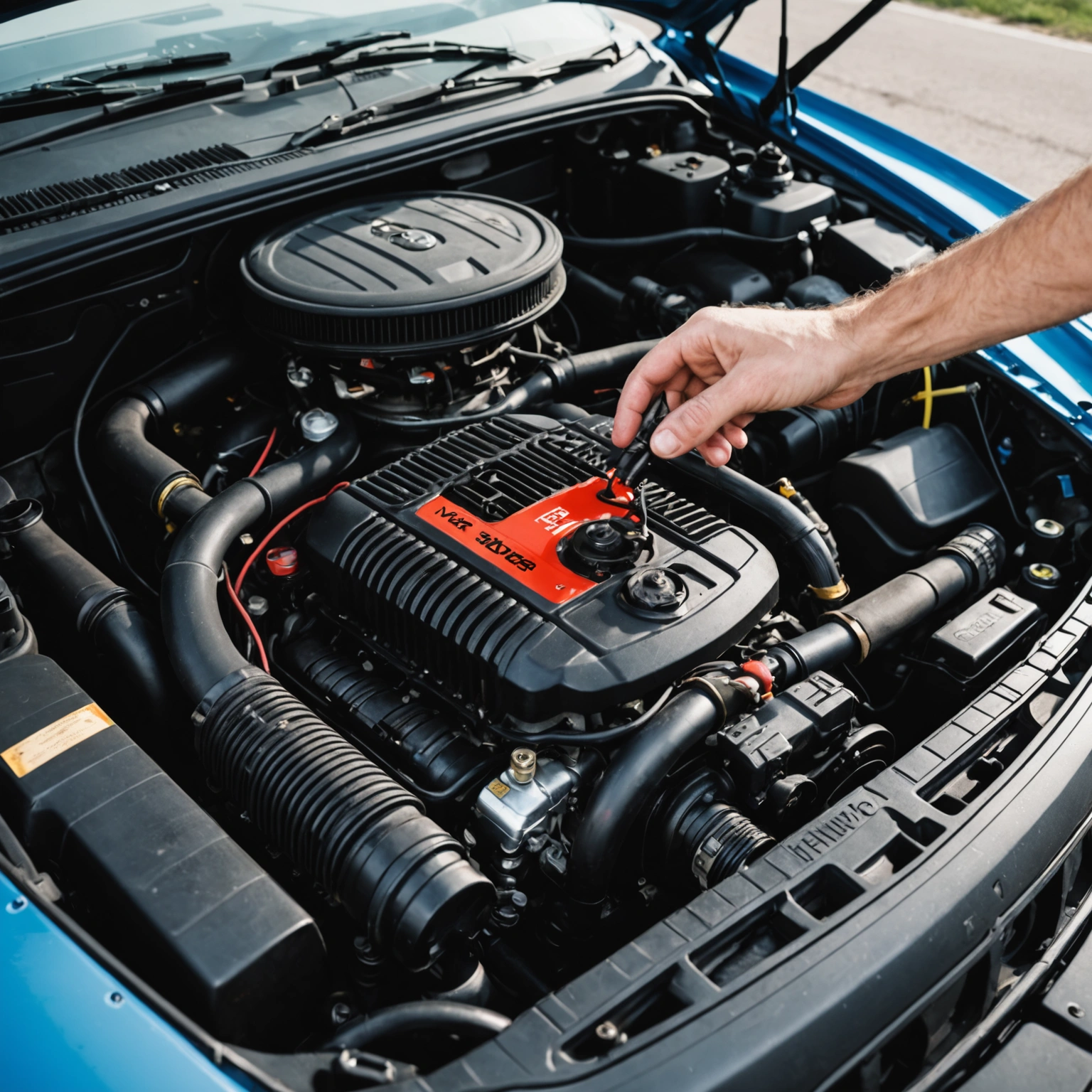**Why Does My Car Overheat When I Stop? Understanding the Causes and Solutions**
If you’ve ever experienced your car overheating when you come to a stop, you’re not alone. This common issue can be frustrating and potentially damaging if not addressed promptly. Understanding why your vehicle overheats during idle or low-speed conditions can help you diagnose the problem and take appropriate action.

### Common Causes of Overheating When Stopping
1. **Cooling System Problems**

– **Low Coolant Level:** The coolant absorbs heat from the engine and dissipates it through the radiator. If the coolant level is low, the cooling system can’t effectively remove heat, leading to overheating, especially when the engine isn’t moving enough to promote airflow.
– **Coolant Leak:** Leaks in hoses, radiator, or water pump can cause coolant loss, reducing cooling efficiency.

2. **Thermostat Malfunction**
The thermostat regulates coolant flow based on engine temperature. A stuck closed thermostat prevents coolant from circulating properly, causing the engine to overheat when idling or stopped.

3. **Radiator Issues**
– **Clogged or Dirty Radiator:** Debris, dirt, or corrosion can block airflow or coolant flow through the radiator, impairing heat dissipation.
– **Broken or Faulty Radiator Fan:** Electric fans help draw air through the radiator when the vehicle isn’t moving fast enough. A malfunctioning fan won’t cool the radiator effectively during stops.
4. **Water Pump Failure**
The water pump circulates coolant throughout the engine. If it’s defective or worn out, coolant flow diminishes, leading to localized overheating.
5. **Air in the Cooling System**
Trapped air pockets can prevent coolant from circulating properly, causing overheating at idle.
6. **Engine Load and Driving Conditions**
Heavy traffic, towing, or driving in hot weather increases engine heat. Without proper cooling, the engine can overheat when stopped or at low speeds.
### Why Overheating Is More Noticeable When Stopped
When your car is moving, airflow through the radiator helps cool the coolant. When stopped, airflow relies solely on electric fans, which need to function correctly. If fans are faulty or the cooling system is compromised, overheating becomes more apparent during idling or in traffic jams.
### How to Address and Prevent Overheating When Stopping
1. **Check Coolant Levels and Condition**
– Ensure the coolant is at the proper level and isn’t dirty or rusty. Top up or flush the system if necessary.
2. **Inspect for Leaks**
– Look for puddles or signs of coolant leaks under the vehicle.
3. **Test the Thermostat**
– If the engine warms up quickly but the radiator isn’t getting hot or shows signs of being stuck closed, consider replacing the thermostat.
4. **Examine the Radiator and Fan**
– Clean debris from the radiator fins.
– Test the electric fan operation; replace if faulty.
5. **Inspect the Water Pump**
– Look for leaks or noise indicating wear; replace if needed.
6. **Bleed Air from the Cooling System**
– Some vehicles require a coolant bleed to remove trapped air. Consult your owner’s manual or a mechanic.
7. **Limit Idle Time in Hot Conditions**
– Turn off the engine if waiting for extended periods to prevent overheating.
### When to Seek Professional Help
If troubleshooting doesn’t resolve the issue or you’re unsure about inspecting components yourself, it’s best to visit a qualified mechanic. Persistent overheating can lead to serious engine damage, including warped heads or blown head gaskets.
—
**In Summary**
Your car overheats when you stop primarily due to issues within the cooling system—be it low coolant, faulty thermostats, radiator or fan problems, or air in the system. Regular maintenance, prompt repairs, and attentive driving habits can help prevent overheating and ensure your vehicle remains reliable and safe.
**Stay cool and drive safely!**

